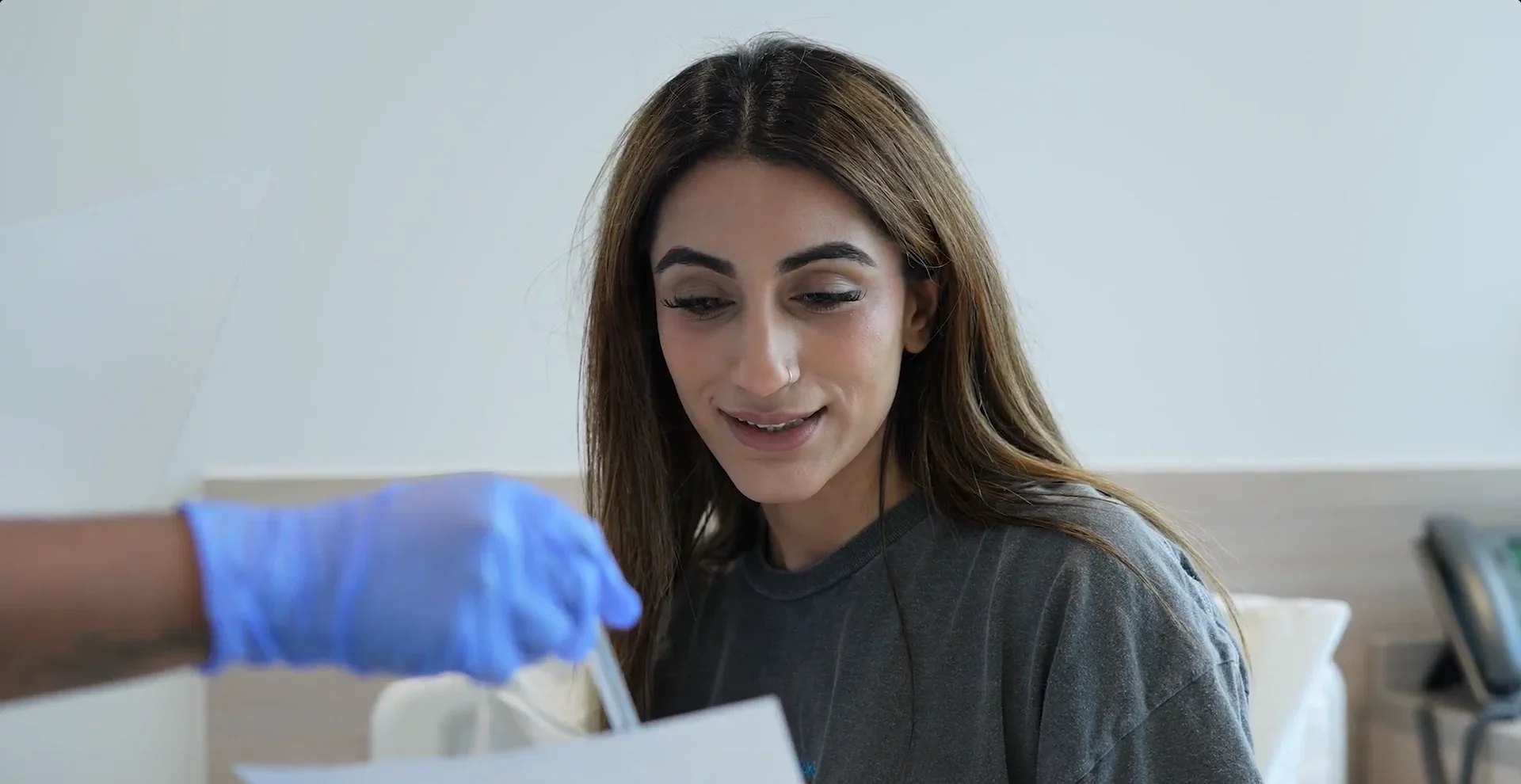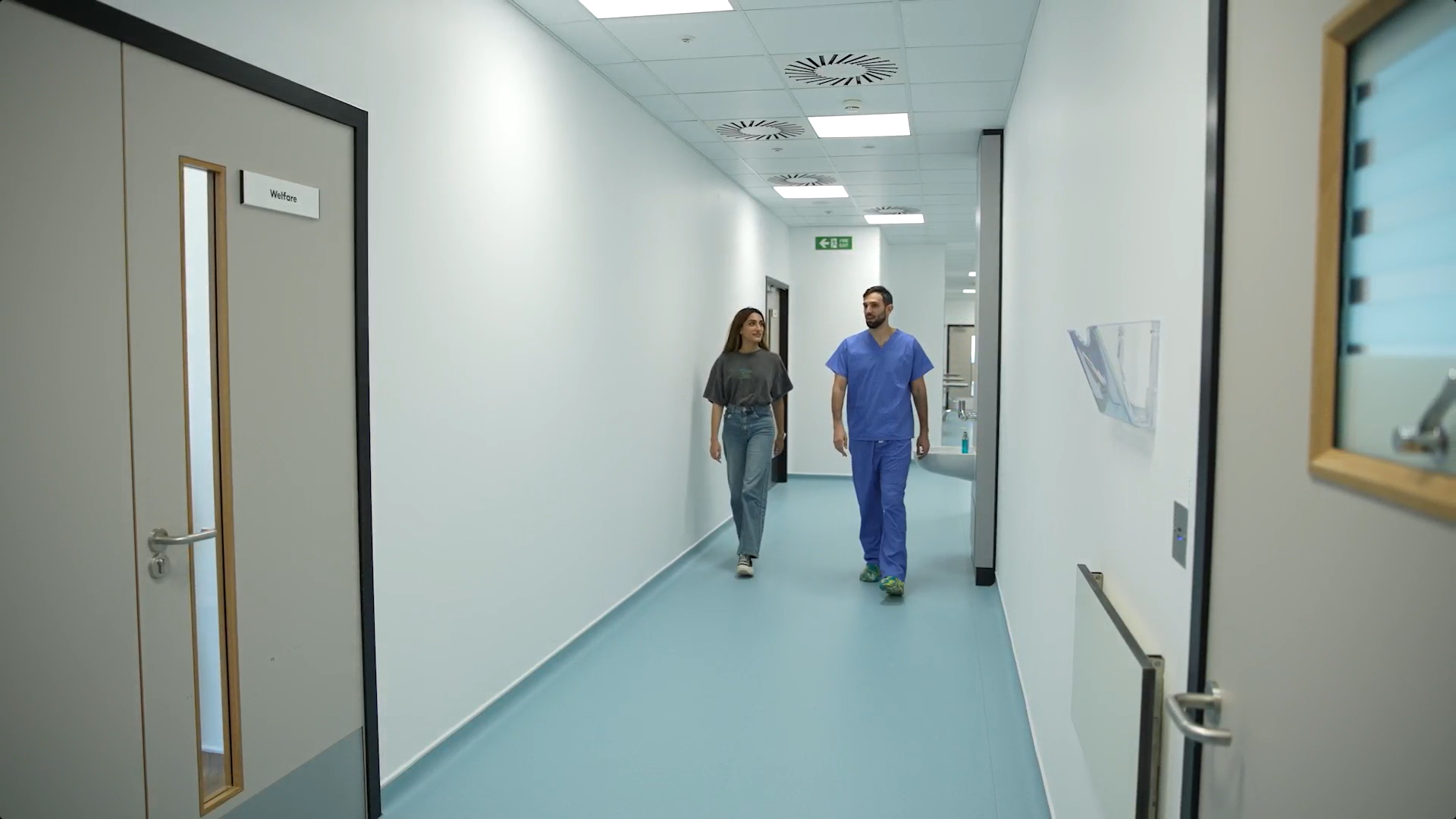Are placebos always used in clinical trials?
Not every clinical trial will use placebos. This is because there are different kinds of these trials. Some of them will focus on determining how safe a specific drug is, for example. In this case, only the new treatment will be used in the clinical trial.
However, when the clinical trial must collect more evidence of how the new treatment works compared to cases where a non-therapeutic substance is used, placebos do play an important role in ensuring that the researchers can gather the data they need.
Is it unethical to use a placebo in a clinical trial?
While the topic remains controversial, it’s generally not considered unethical when placebos are used in a clinical trial. Something that you should keep in mind is that every volunteer who is eligible to be included in the study will go through an informed consent process.
During this process, you’ll be told everything that you need to know about the study. This includes whether there will be placebos and how participants will be grouped. These studies also offer patient empowerment, which means that you’re given a chance to withdraw from the clinical trial at any point should you feel the need to.
At FluCamp, we’ve had several people participate in clinical trials. Volunteers such as Jonathan and David give a clear overview of how informed consent helps them be more wary of what they are signing up for, and how our staff members implement ethical strategies when using placebos.
How do I know if I’m taking a placebo?
During informed consent, you’ll be made aware of the fact that there are placebos that will be used in the clinical trial. However, in most cases, you won’t know if you’re taking the actual drug or a placebo. This is important, as it helps to improve the quality and accuracy of the results that the researchers are able to gather during the study period.
There are two different methods that researchers use to determine who will take a placebo and which participants will receive the drug. In blinding assignments, the group won’t know what they are taking. In this type of trial, the data regarding who is in which group will also not be available to clinical staff members who provide assistance at the facility.
Randomised assignment uses a system that randomly assigns participants to one of the groups. In many cases, this type of study will also not reveal which participants are getting the drug or placebo. Doctors who are involved in the study may also be kept in the blind to ensure that there is no biased data reported during the clinical trial period.
FluCamp is a leading clinical research organisation dedicated to advancing medical knowledge in a safe and controlled manner, through innovative clinical trials, and ensuring that participants understand potential placebo use within our trials.
What next?
Placebos can be really helpful in getting more insight into a drug that a clinical trial studies. While it’s not used in every type of clinical trial, it’s important to understand the role it plays. Placebos can be used in a variety of trials, including some of the studies that FluCamp conducts. Reach out to learn more about FluCamp studies. You can also contact us if you’re interested in becoming a volunteer in a clinical trial.















